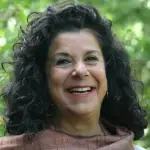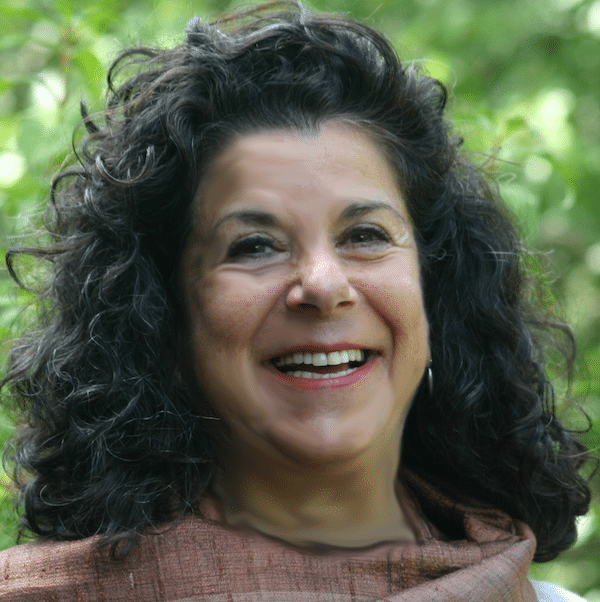The Rising Tide of Breast Cancer and Environmental Risks
Women in the United States face a greater lifetime risk of breast cancer than any previous generation, with rates having tripled in the past 40 years. Yet only 5% of breast cancer diagnoses are linked to the “breast cancer gene.” Environmental and lifestyle factors—including early puberty, delayed childbirth, radiation exposure, hormone replacement therapy, alcohol, tobacco, obesity, and adult weight gain—are major contributors. Despite this, the majority of women will never know the exact cause of their illness.
As pink ribbon campaigns dominate public awareness each October, we must ask: how much of the money raised actually funds prevention? Can we truly find a cure without addressing the environmental triggers that surround us daily?
The Chemical Stew We Live In
Since the 1970s, over 85,000 synthetic chemicals have entered our environment. Only 7% have been tested for effects on human health. At the same time, billions have been spent on cancer treatments with limited progress on prevention.
According to the World Health Organization, cancer cases are expected to rise 45% globally between 2007 and 2030 if prevention efforts aren’t strengthened. Yet only 3% of cancer funding goes toward primary prevention.
The Susan G. Komen Foundation has invested over $1 billion in breast cancer research. While research is vital, more attention must be given to environmental prevention strategies that address known risks.
The Case for Prevention
Mounting scientific evidence links chemical exposure—often beginning in utero—with increased risks of cancer, reproductive issues, and neurological diseases. The Center for Disease Control and Prevention (CDC) has found that Americans carry a “body burden” of at least 148 chemicals, many of which have been banned for decades.
One of the most concerning categories are endocrine disruptors—synthetic chemicals that interfere with the body’s hormonal messaging system. These disruptors mimic or block hormones and may be responsible for up to 50% of breast cancer cases today.
What Are Endocrine Disruptors?
Common sources include:
- Pesticides and herbicides
- Plastics and food containers (BPA, phthalates)
- Household cleaning products and air fresheners
- Cosmetics and personal care products
- Car interiors and off-gassing materials
- Non-stick cookware and vinyl shower curtains
- Pharmaceutical runoff in the water supply
Nutritional and Lifestyle Strategies for Prevention
Environmental risk is only part of the equation. Nutritional depletion and toxic food processing compound the issue. A 650-page review of 4,500 studies concluded that 40% of cancers are avoidable through lifestyle changes.
Nurse Coaches play a key role in educating patients and communities about nutrition, including:
- Nutrition & Plant-based diets and avoidance of highly processed foods
- Filtered water and reduced plastic use
- Daily physical movement and adequate sleep
- Use of antioxidants and detox-supportive nutrients
- Mindful living practices and stress reduction
A Nurse Coach’s 12 Steps for Environmental Prevention
- Choose organic and local food; reduce animal fats.
- Avoid heavily sprayed produce; follow EWG’s “Dirty Dozen.”
- Take quality nutritional supplements when needed.
- Support detox pathways through movement and hydration.
- Increase dietary fiber through whole foods.
- Drink antioxidant-rich teas and juices.
- Minimize chemical exposure during pregnancy and breastfeeding.
- Learn about your local water supply and filtration needs.
- Replace plastics with glass or stainless steel.
- Advocate for green products and cleaner environments.
- Engage community action and policy change.
- Support elected officials focused on environmental health.
The Role of Integrative Nurse Coaches
Nurse Coaches are uniquely positioned to address the environmental determinants of health. By combining lifestyle education with coaching presence, they help clients make informed decisions that reduce risk and improve outcomes.
Programs like INCA’s Integrative Nurse Coach® Certificate Program teach nurses to:
- Use evidence-based tools like the Integrative Health and Wellness Assessment™ (IHWA)
- Guide clients through environmental health discovery
- Promote whole-person healing at the individual and community levels
Final Thoughts
Prevention is not just possible—it’s essential. As leaders in health promotion and advocates for public health, Integrative Nurse Coaches must amplify the message that the environment is not separate from our bodies. It is the context in which our health is either nurtured or harmed.
Let us shift from pink-washing to green action — and empower our patients, peers, and policymakers to see that cancer prevention starts with the world we live in.

As Co-Founder of the International Nurse Coach Association for over a decade, Susan has been teaching and developing coaching program and currently through the Integrative Nurse Coach® Academy. She is Board Certified in Health and Wellness Coaching, Holistic Nursing, and Clinical Nutrition. Susan has authored several chapters on Nutrition and Environmental Health for Holistic Nursing, Integrative Nursing, and Nurse Leadership textbooks. She has co-authored Nurse Coaching and Self-Assessment chapters in; Holistic Nursing: A Handbook for Practice, 7th edition (2015-2020) and is co-author of the award winning book (ANA Gold Seal, 2015) Nurse Coaching: Integrative Approaches for Health and Wellbeing (2015) and The Art and Science of Nurse Coaching, an ANA Publication (2013), that led the way to establishing the standards for practice in the emerging Nurse Coach role. For the past 20 years, she has been the Nurse Coach and Nutrition consultant for Special Immunology Services at Mercy Hospital in Miami and is currently the Director of Nurse Coaching at Rezilir Health in Hollywood, Florida. Susan continues to integrate lifestyle health and wellness education into diverse communities, bringing her expertise and passion as a nurse, clinical nutritionist, and medical anthropologist. She has developed and implemented integrative health initiatives for diverse community organizations including the Yellow Courtyard, Integrative Health Symposium, Urban Zen, New York Open Center, The Lower East Side Girls Club, Kripalu, Omega Institute, and the University of Miami and Florida Atlantic University. As a concerned global citizen, Susan is the founder and education director of the Earthrose Institute, a not-for-profit organization dedicated to environmental health education and advocacy. She maintains a private practice as an Integrative Nurse Coach® with a focus on nutrition and the environment.
- Susan Luck (1948-2022)
- Susan Luck (1948-2022)
- Susan Luck (1948-2022)
- Susan Luck (1948-2022)





